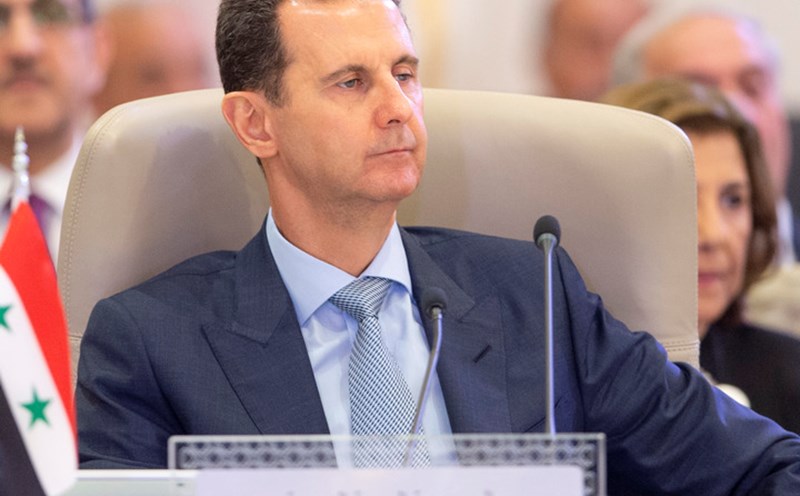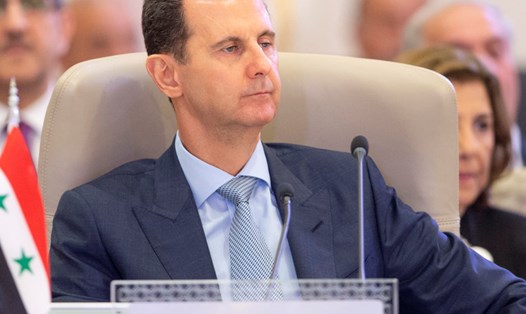On December 9, the Kremlin confirmed that Russian President Vladimir Putin personally approved Bashar al-Assad's asylum in Moscow. The confirmation came after reports that the former Syrian president and his family had arrived in Russia after Damascus fell to armed opposition forces.
RT quoted Kremlin spokesman Dmitry Peskov as saying at a press conference that no meeting was scheduled between Putin and Assad. "There is nothing to say about Assad's whereabouts," Peskov added.
Mikhail Ulyanov, a senior Russian diplomat and permanent representative of Russia to international organizations in Vienna, also confirmed that Assad and his family were in Moscow, stressing that this reflected Russia's commitment to its allies in difficult times. "Russia does not betray its friends in difficult situations," Ulyanov said.
Earlier, on December 8, Russian media reported that Mr. Assad and his family had been granted asylum in Russia "on humanitarian grounds." According to the Russian Foreign Ministry, Mr. Assad agreed to step down after negotiations with Syrian armed opposition groups and instructed officials to ensure a "peaceful transfer of power."
Jihadist fighters from Hayat Tahrir-al-Sham (HTS), along with other anti-government factions, launched a large-scale offensive against government forces in Aleppo and Idlib provinces on November 27. By the evening of December 7, they had captured several major cities, including Aleppo, Hama, Deir ez-Zor, Daraa and Homs.
On December 8, they entered and occupied the capital Damascus while government troops withdrew from the city. President Bashar al-Assad left the country for Russia, declaring his renunciation of power.
On December 9, Syrian Prime Minister Mohammad Ghazi al-Jalali pledged that the Syrian government is ready to transfer power peacefully.
According to al-Jalali, negotiations with the armed opposition that has taken power in Syria are continuing. "We are ready to transfer power as soon as requested," he told Al Arabiya television channel. "Our top priority now is to ensure that the basic needs of the Syrian people are met," he stressed.











